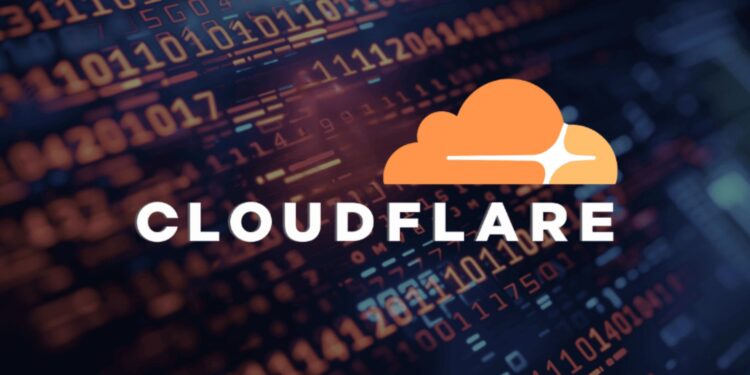In a major cybersecurity incident highlighting the risks of third-party vendors, tech giants Cloudflare and Proofpoint have confirmed that they were impacted by a security breach at Salesforce. The attack, which targeted customer data stored on the Salesforce platform, has exposed sensitive information belonging to both companies and their clients. This incident has sent ripples through the corporate world, forcing a reevaluation of security protocols for cloud service providers and the data they hold.
According to a joint statement from the affected companies, the breach was discovered on a recent date, when Salesforce notified them of suspicious activity on their systems. The attackers exploited a vulnerability to gain unauthorized access to a specific instance of the Salesforce platform. While the full extent of the compromised data is still under investigation, it is believed to include contact information, user IDs, and other non-financial data related to customers of Cloudflare and Proofpoint. Both companies have stated that no core products or services were affected, and that their internal networks remain secure.
This breach underscores a critical weakness in modern enterprise security: the reliance on third-party software as a service (SaaS) providers. Companies often entrust vast amounts of sensitive data to platforms like Salesforce for customer relationship management (CRM) and other business functions. While these services offer efficiency and scale, they also represent a potential single point of failure. A security lapse at a major provider can have a cascading effect, impacting multiple clients simultaneously.
In response, both Cloudflare and Proofpoint have launched independent investigations and are working with Salesforce to understand the full impact of the breach. They have also taken immediate steps to mitigate the damage, including notifying affected customers and strengthening their own security posture. The incident serves as a wake-up call for companies of all sizes, emphasizing the need for robust vendor risk management programs, regular security audits, and a proactive approach to third-party data protection. The era of assuming a provider’s security is sufficient is over; continuous vigilance and a shared responsibility model are now essential for safeguarding data in a complex, interconnected digital world.










![Online Scam Cases Continue to Rise Despite Crackdowns on Foreign Fraud Networks [Myanmar] Online Scam Cases Continue to Rise Despite Crackdowns on Foreign Fraud Networks [Myanmar]](https://sumtrix.com/wp-content/uploads/2025/06/30-12-120x86.jpg)





